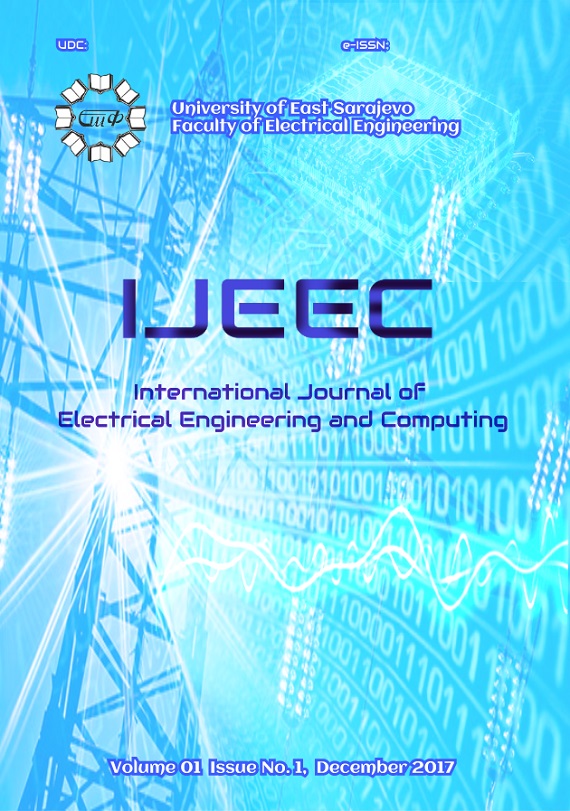Modern methods of design, analysis, optimization and implementation of conventional control algorithms for processes with finite and infinite degrees of freedom
DOI:
https://doi.org/10.7251/IJEEC1701011SAbstract
This paper presents characterization methods for a large class of industrial processes using a critical experiment as well as
modern methods of design, analysis, optimization and implementation of conventional control algorithms. Special attention is set to the
process characterization methods using relay techniques and phase-locked loops in order to form a general process model which serves
as a base for adequate controller design. This general process model adequately approximates processes which behaviour can be
described with linear mathematical models with finite and infinite degrees of freedom including conventional finite dimension systems,
time-delay systems, systems whose behaviour is dominated by a wave and transport problems such as mass and energy transfer,
systems described with fractional differential equations etc. Based on characterization, an important accent is also put on the design of
PI/PID controller due to their large application in industry which exceeds 93% compared to all the other controllers according to
Honeywell's surveys. In order to illustrate validity of characterization model and effectiveness of presented design method, the paper
provides an example of optimal PID controller designed under constraints on robustness and sensitivity to the measurement noise.
Digital implementation is considered for both the controllers with rational and those with non-rational transfer functions. At the end,
controller analytical design methods are elaborated and analytical formulae for PI/PID controllers tuning are presented.

